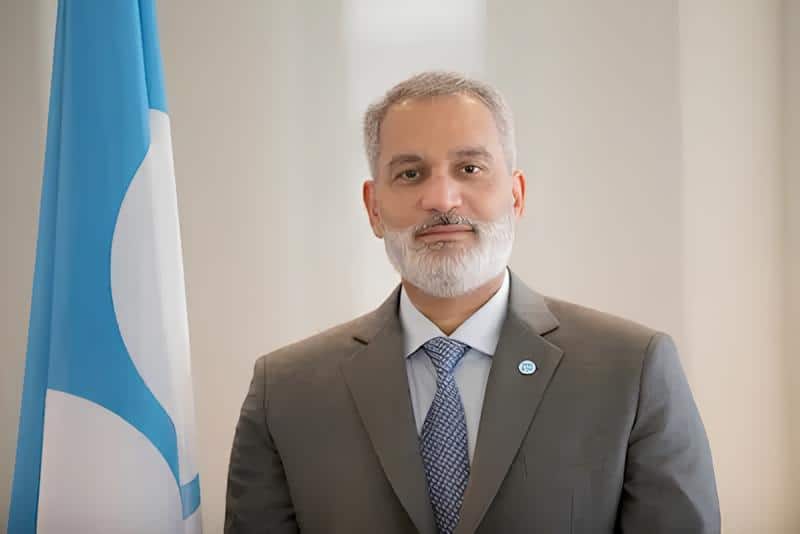Key Takeaways:
- Oil is crucial for operating agricultural machinery, producing synthetic fertilizers, and manufacturing food packaging.
- The hypothetical absence of oil underscores the immediate impact on food production and global food security.
- Petroleum-based products play a significant role in crop yield enhancement and food preservation.
- The scenario invites reflection on the need for sustainable agricultural practices and reducing reliance on oil.
The Vital Role of Petroleum in Farming Operations
HE Haitham Al Ghais, OPEC's Secretary General, outlined in an opinion piece the critical reliance of modern agriculture on oil (Or petrol): “Many of the vehicles necessary in agriculture — tractors, mowers, combine harvesters, balers, sprayers, and seeders — would stop working.” This direct quote from Al Ghais highlights oil's essential role in powering the machinery that underpins food production processes.
The Impact on Food Security
Al Ghais further emphasizes the broader implications of such a dependency: “Food production would be devastated.” This stark statement sheds light on the severity of the situation, underlining how the disruption in oil supply could potentially halt the agricultural sector, leading to significant food shortages and impacting global food security.
Synthetic Fertilizers and Packaging
Delving deeper into the agricultural supply chain, Al Ghais mentions, “Petroleum coke, a by-product in oil refining, is used as a feedstock in manufacturing synthetic fertilizers,” illustrating oil’s role beyond machinery to include critical inputs that enhance crop yields. The significance of oil in food packaging is also highlighted, underscoring its importance in preserving and transporting food.
The Broad Effects of an Oil Shortage
Reflecting on the potential cascading effects of an oil shortage, Al Ghais states, “Food shortages and the knock-on impacts would likely ensue.” This acknowledgment provides a sobering reminder of oil's interconnectedness with food security, agricultural productivity, and the broader global economy.
Looking Towards Sustainable Solutions
In concluding his remarks, HE Haitham Al Ghais underscores the complexity: “It is important we all fully understand the immense benefits that oil, and the petroleum products derived from it, continue to provide to people and nations across the world.” This statement calls for a balanced consideration of oil's benefits against global sustainability challenges.
Read the complete opinion piece from the OPEC's general secretary here.
Image provided by OPEC


